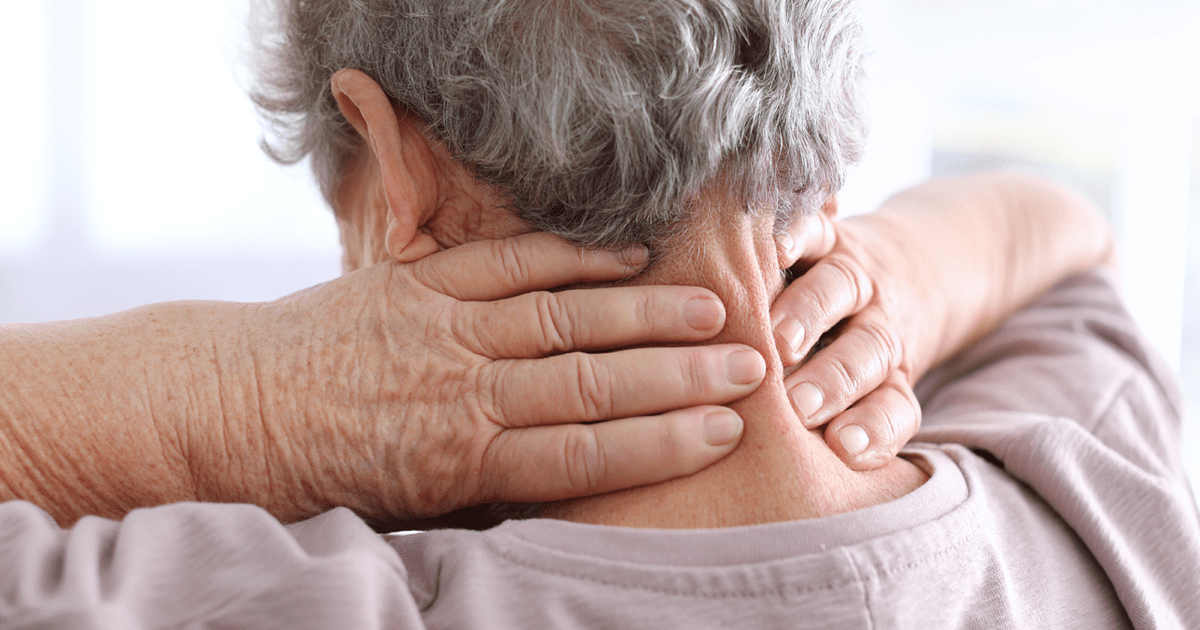10 Tips to Help Manage Chronic Pain

It goes without saying that a person’s quality of life is drastically reduced when he or she suffers from chronic pain. For many, managing the pain is a battle just to get through the day; but chronic pain doesn’t need to take over your life. By making these permanent lifestyle changes you can regain control and start living again.
Here are 10 tips to help you manage and live with chronic pain.
- Reduce the stress in your life. Stress causes negative feelings such as anxiety, tension and strain, all of which can increase your body’s sensitivity to pain. Try listening to soothing music to help reduce stress and promote relaxation.
- Exercise regularly to boost natural endorphins. Endorphins are brain chemicals released during exercise that help improve your mood and block pain signals. Exercise also helps to strengthen muscles and keep your weight down thus lowering the chances of re-injury and additional pain. Depending on your condition, ask your doctor to recommend physical activities and an exercise routine that’s right for you.
- Cut back on alcohol, which affects your quality of sleep. Drinking too much alcohol too close to bedtime changes your natural sleep patterns, thereby reducing sleep quality. To learn more about how alcohol affects normal sleep patterns, click here.
- Learn deep breathing and meditation techniques. Deep breathing and meditation techniques can help your body relax, which eases pain. There are many different ways to meditate, so try a few different techniques to see which one works the best for you. Repetition and focusing on your breathing are key.
- Maintain a healthy diet. A well balanced diet aids your digestive process, reduces the risk of heart disease and improves blood sugar levels. These five recommended foods can help lessen chronic pain: salmon, onions, blueberries, sweet potatoes and garlic.
- Get a massage. If you suffer from chronic pain, make sure you only receive a massage from a registered massage therapist. Massage can reduce tensions and promote relaxation but can aggravate chronic pain if administered incorrectly.
- Keep track of your daily pain levels and activities. Log your ‘pain score’ into a journal on a daily basis in order to track your pain–don’t forget to also note the activities you did that day. Take your journal with you every time you visit your doctor in order to help him or her understand how you live and where your level of physical functioning is at.
- Quit smoking. Among other things, smoking worsens circulation, causing more pain. Smoking will also increase your risk of heart disease and cancer.
- Find hobbies that can distract you from the pain. The more you focus on your pain, the worse it will feel. By keeping busy and doing something that you enjoy, you’ll be thinking about something other than the pain. Picking up a hobby may not lessen the pain, but it can help you begin to feel normal again.
- Join a support group. Share your frustrations and triumphs with others who understand what you’re going through. This will help you feel less alone and you may also benefit from their wisdom in coping with their pain.
